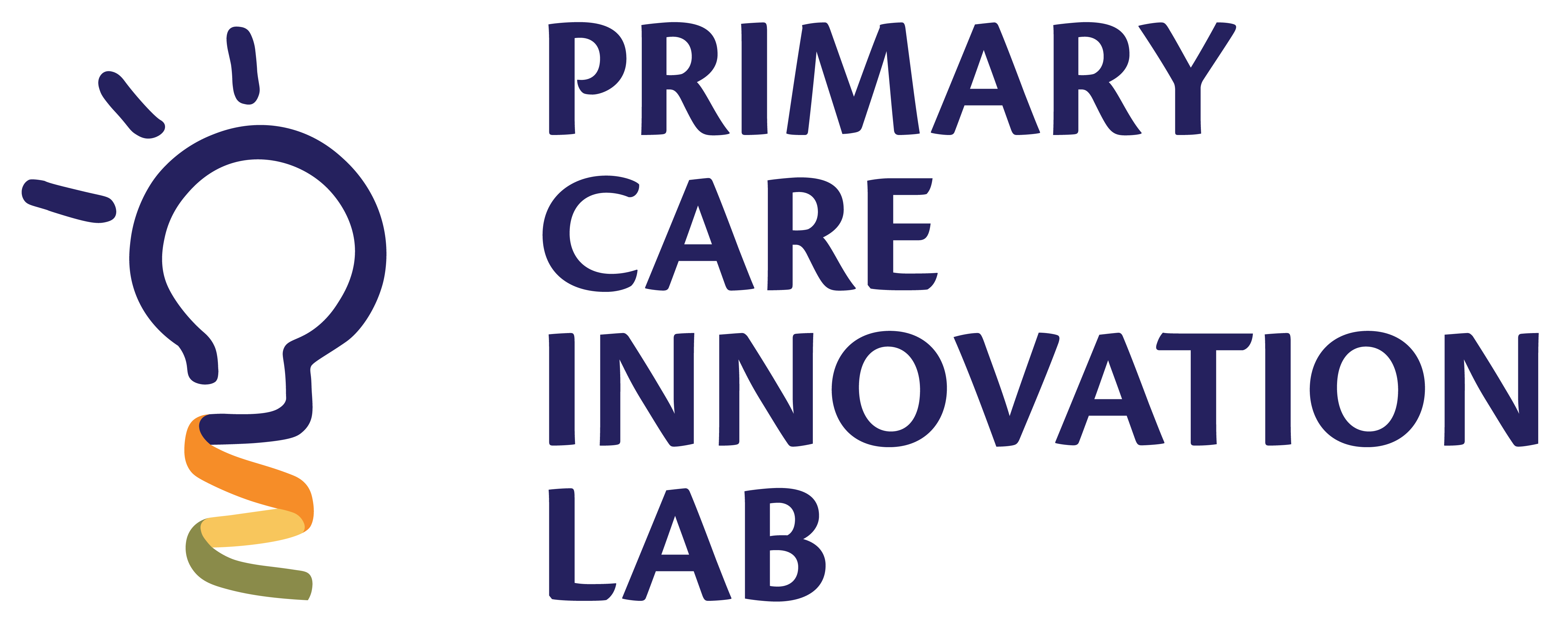Publications
Funston G, Van Melle M, Baun ML, Jensen H, Helsper C, Emery J, Crosbie EJ, Thompson M, Hamilton W, Walter FM. BMC Cancer. 2019 Nov 1;19(1):1028. doi: 10.1186/s12885-019-6211-2.
Merriel SWD, Hardy V, Thompson MJ, Walter FM, Hamilton W .J Am Coll Radiol. 2020 Apr;17(4):486-495. doi: 10.1016/j.jacr.2019.08.031. Epub 2019 Sep 18.
Evaluating diagnostic strategies for early detection of cancer: the CanTest framework.
Walter FM, Thompson MJ, Wellwood I, Abel GA, Hamilton W, Johnson M, Lyratzopoulos G, Messenger MP, Neal RD, Rubin G, Singh H, Spencer A, Sutton S, Vedsted P, Emery JD. BMC Cancer. 2019 Jun 14;19(1):586. doi: 10.1186/s12885-019-5746-6.PMID: 31200676
Additional Information:
https://www.phpc.cam.ac.uk/pcu/research/research-projects-list/other-projects/cantest/






